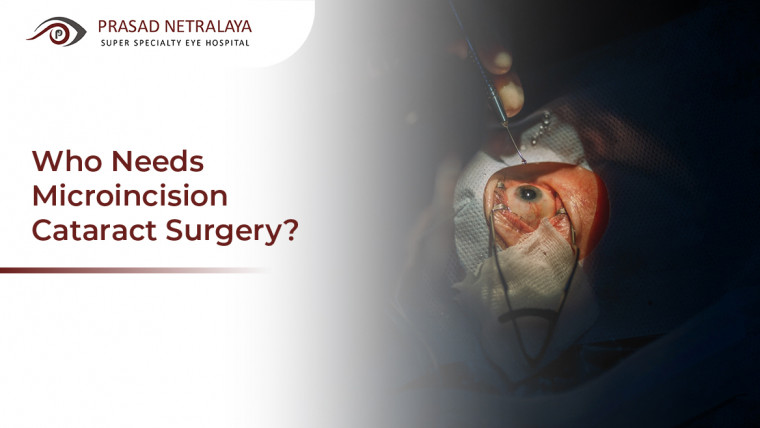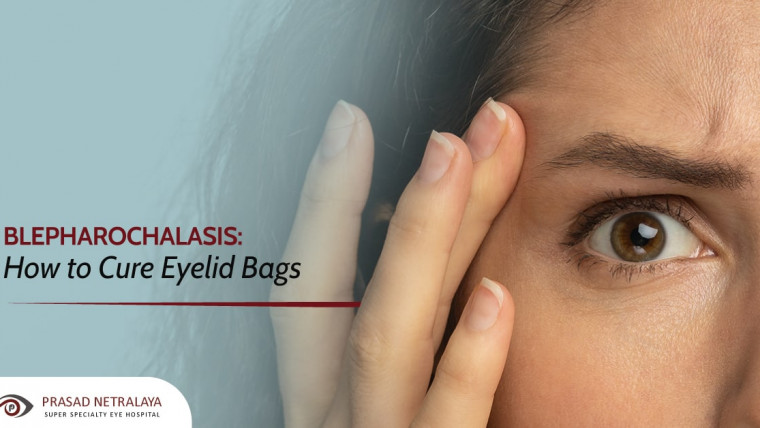How to register for eye donation after death? Where do you register for an eye donation? How to get a donor card? Find answers to all the above questions in this blog!
“A pair of donated eyes can give vision to two.”
The power of sight is often taken for granted. The ability to perceive and appreciate the beauty of the world is a gift that not everyone has the joy of receiving. But it’s a gift that can be shared. Many people lose their ability to see, as a result of a variety of visual impairments, and the world becomes a dark place to them. With a simple act of eye donation, we can give them the gift of sight and give them a chance at a normal life.
Over 4.5 billion people worldwide are visually impaired, with India accounting for one-third of them. Though these numbers can be altered through corneal transplantation, a number of factors such as a lack of understanding, social or religious reservations, and other factors have not allowed eye donation to gain traction in our country. Hence, in order to promote public understanding of eye donation, this blog will address any questions that one might have about how eye donation works.
Table of Contents
How eye donation works
Poor vision does not exempt you from the ability to donate eyes.
Anyone, regardless of age, sex, blood group, or religion can donate their eyes. Even people who wear contact lenses or spectacles for short or long-sightedness, or who have had their eyes operated on, can still donate their eyes.
However, in certain cases, people who suffer from systemic infections like AIDS, Hepatitis B or C, Rabies, Tetanus, etc. cannot donate their eyes.
Since eye donation is performed after death, people can pledge their eyes and register as a donor before they pass away. This decision must be communicated to your close relatives and friends so that they can take the appropriate steps after you pass away. If a person has not pledged before their death, their eyes can still be donated with the consent of the next of kith & kin.
How to register for eye donation after death?
If you would like to register for eye donation and want them to be donated after your death, you are required to fill out a pledge form and send it to the nearest eye bank. You can also register for this procedure online. Once you’ve been registered you will be given a donor card which will serve merely as an expression of your intent to be an eye donor.
If you are a resident of Udupi/Mangalore, Prasad Netralaya has an eye bank where you can register your eyes. Register as a donor now, so that we can do the needful at the time of your death.
Steps the donor’s family should take at the time of death
- Call the nearest eye bank at the earliest.
- Close the donor’s eyelids.
- Turn off the fan and turn on the air conditioner instead.
- Place a pillow beneath the deceased’s head to raise it slightly.
Frequently Asked Questions
Which part is used in eye donation?
Only a small portion of the eye and not the entire eye is transplanted. A donor cornea, the clear front section of the eye, is the part that is transplanted.
Why is eye donation important?
By donating your eyes you’re passing on the gift of sight to two more people.
The cornea, the clear and transparent front tissue of the eye, is used to restore eyesight.
The white portion, called the Sclera, is used in patients who have eye injuries.
The rest of the eye is used for research and training in order to find treatment for some of the most common eye illnesses. As a result, a single donation can benefit 2 people and aid research studies.
How soon after death should the corneas be removed?
The corneas should be collected preferably within an hour of death, although they can also be removed up to 6-8 hours later. Hence, it’s critical that you contact the nearest eye bank as soon as possible so that the eye bank team can reach the deceased and perform the corneal excision in time.
Giving the gift of sight is a divine act. And now people in the coastal belt can give this amazing gift to others thanks to Prasad Netralaya. Visit our website to pledge your eyes and give someone in need the gift of sight.
Dr. Vikram Jain, M.S. had his medical training (MBBS) from Kasturba Medical College, Mangalore, India. He did his master’s in Ophthalmic surgery from Kasturba Medical College, Manipal. He currently manages the Glaucoma department of Prasad Netralaya hospital.



